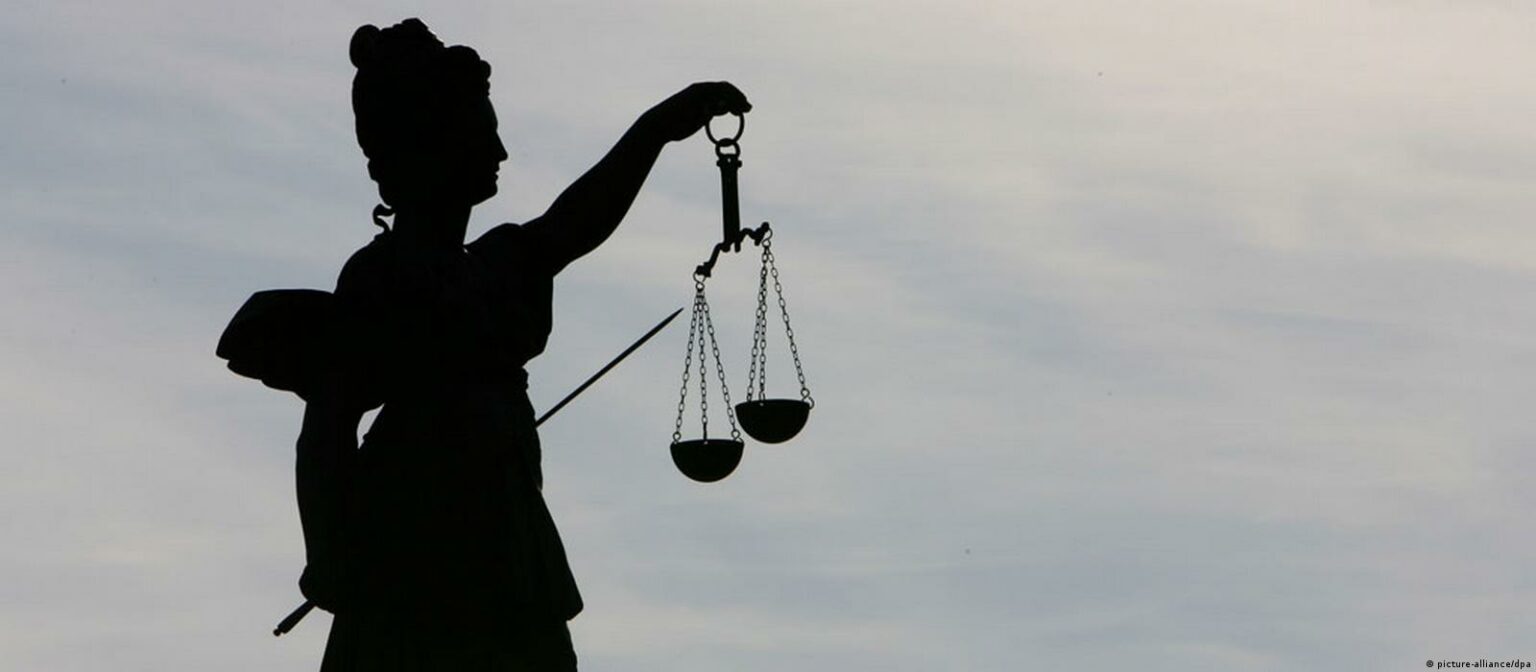The assertion “My name is Nobody” was uttered to the Cyclops Polyphemus, son of Poseidon, by Odysseus, as written in Homer’s Odyssey. He did not dare say it directly to Poseidon himself—who would have the courage?—but Odysseus used this clever trick to escape the cave of the monstrous Cyclops. Ulysses is unimaginable without his wit, and the mention of his name is forever tied to the masterful ruses that reshaped the very narrative of the myth.
By Ben Andoni
Far away in time, in an extraordinarily small country—so small that even on map indexes the number hardly suffices—there are politicians who mock and ridicule a perennially impoverished nation. Today, the “Albanian history” has left two figures alone on the field: the country’s powerful prime minister, Edi Rama; and facing him, the greatest political protagonist of post-1990 Albania, Sali Berisha, the former president and prime minister, and the immutable chairman of the Democratic Party since the earliest days of democracy. We say immutable because for 35 years no one has had the power to challenge that formation—the one that carried so many hopes. Those who dared have suffered expulsion, insults, humiliation, or even worse…
In this context, in recent days, referring to the figure of Fatos Nano, Prime Minister Edi Rama called him his political father, while admitting he still has no political son to replace him. One does not need to understand Rama’s true conviction in this; one only needs to observe how he treats the party and how he choreographs every aspect of the Socialist Party’s political life. He speaks, he analyzes, he criticizes, and clearly, he initiates everything himself. In such a space, it is difficult—and for many, impossible—to hope to rise. Veliaj, with his great ambitions, has already begun a long journey with the Justice system, while other names are completely absent on the PS chessboard. First, because few dare enter such an absurd battle; second, because Rama holds the aura of election-winner—and that seals everything.
For Berisha, this argument doesn’t even make sense. The Democratic Party was created by him; he breathed life into it; and whoever dared challenge him has seen where they ended up. The luckiest have returned—reshaped in their convictions and especially in the way they continued their careers (not to mention the benefits they gained). In private conversations, behind the scenes of TV studios, one can hear all sorts of epithets, comparisons, and metaphors about Rama and Berisha, but at party gatherings no one dares speak (though now there is slightly more murmuring about Berisha). Thus, for both Berisha and Rama, the question of a successor is permanently closed: only they can lead, only they alone hold full authority within their formations and over the life of the country. Their monologues are endless, and those who support them are largely those who patiently wait for the two to slip—not because of political rules, electoral rotation in case of defeat, or resignation, but through some Deus ex machina. Both Rama and Berisha continue to play their roles masterfully with quips, plugged ears, and especially with the cynicism that often makes them more grotesque than their tiresome power itself. But people settle for them—and cling to the belief that there are no politicians more honest or better than they are. “Who can replace Rama and Berisha?!” everyone repeats. “Who?!” their militants shout, because they already know the answer.
A philosopher who understood politics well might shake them awake—if they weren’t so blind:
“Our great democracies still tend to think that a stupid man is more likely to be honest than a clever one, and our politicians take advantage of this prejudice by pretending to be even more stupid than nature made them.”
This line of Bertrand Russell in New Hopes for a Changing World tells the very thing that Odysseus enacted thousands of years earlier, when he did not wish to face the challenge of the son of a god, responding with the guise of a simpleton: “I am Nobody.”
We are nobodies before these men. No one can change the people who have cemented themselves in power in our country, because they know that no so-called “fool” like Odysseus can change them—Albania’s true gods.
(Javanews)



